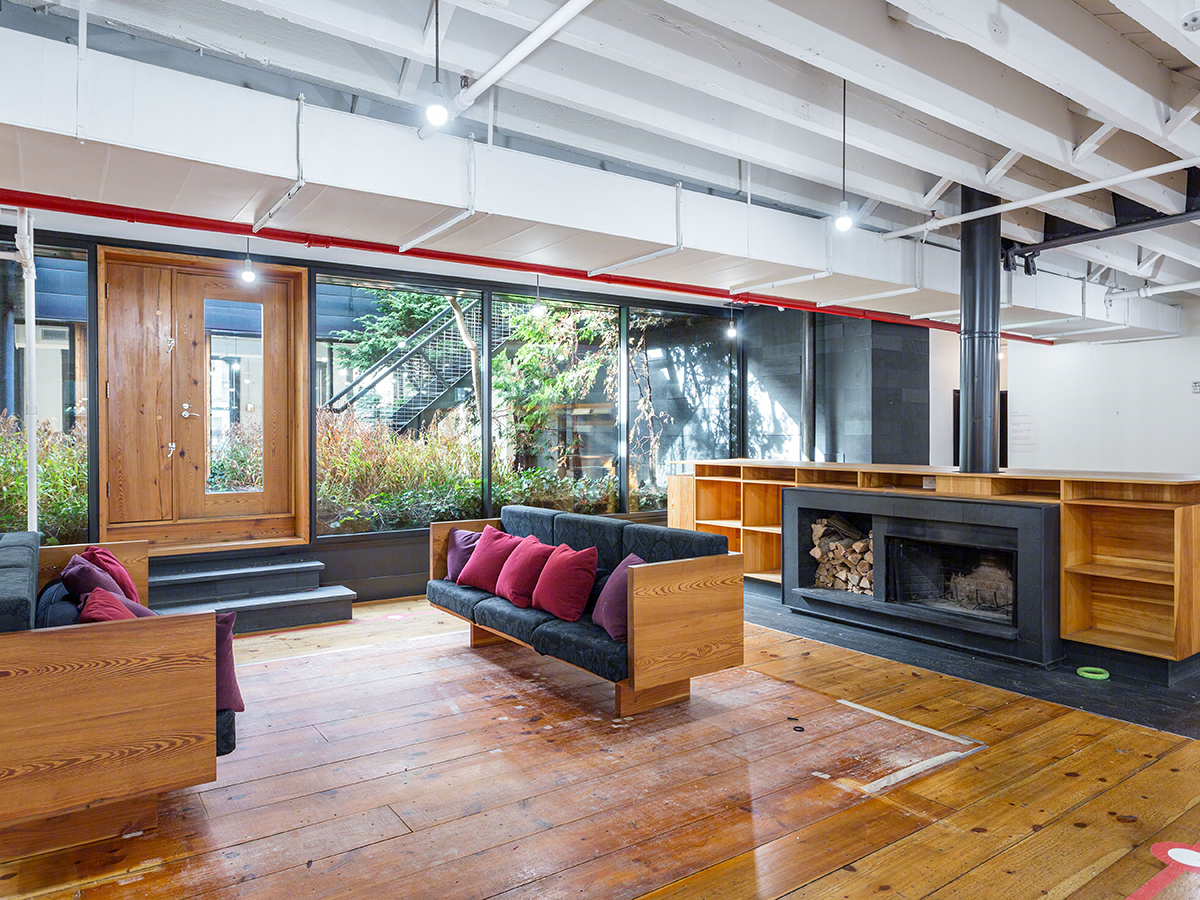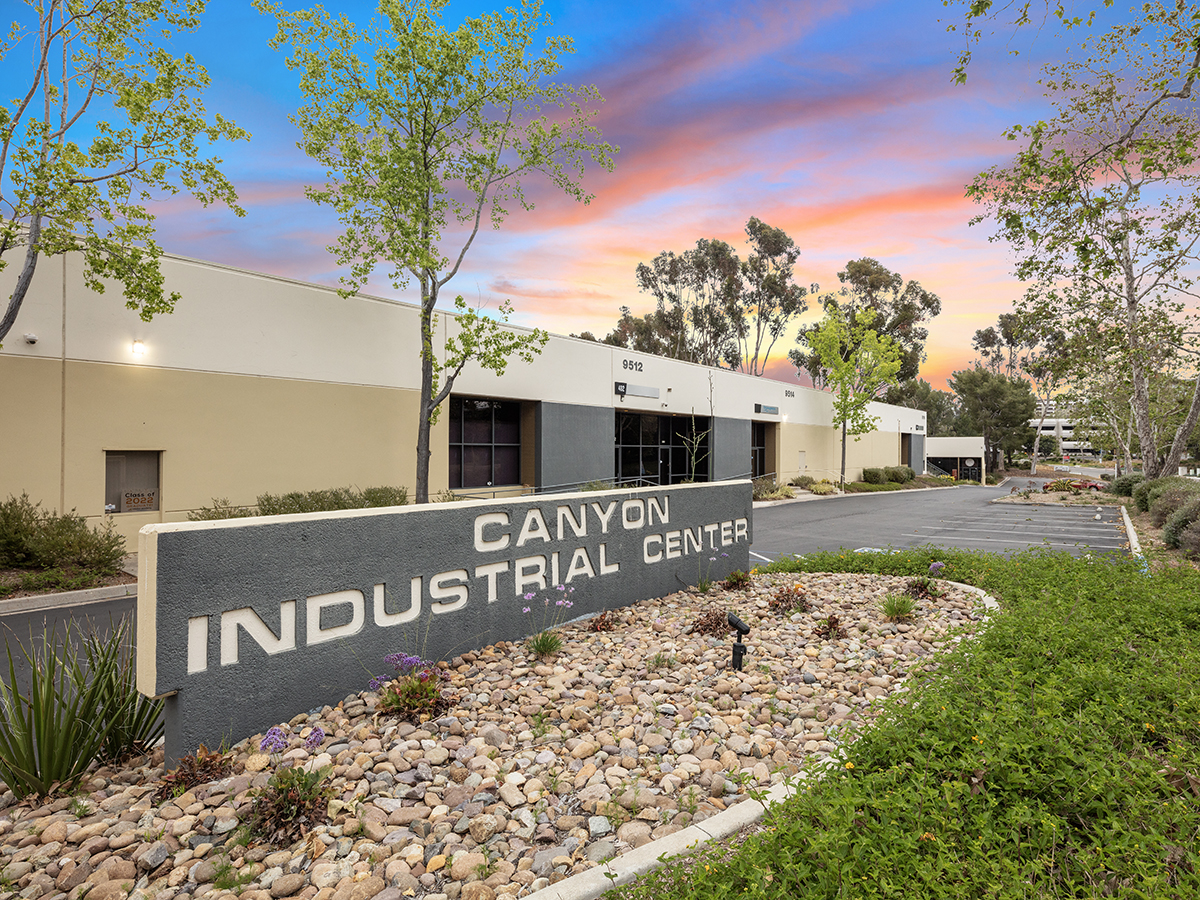Most-Favored Investments
After executing $6 billion in new acquisitions during 2007, TIAA-CREF plans to invest about the same amount this year, according to Trevor Michael managing director of real estate acquisitions and joint ventures for the fund. He has found encouragement in solid fundamentals across the four major property types, as well as corporate earnings that have…
After executing $6 billion in new acquisitions during 2007, TIAA-CREF plans to invest about the same amount this year, according to Trevor Michael managing director of real estate acquisitions and joint ventures for the fund. He has found encouragement in solid fundamentals across the four major property types, as well as corporate earnings that have weathered the downturn fairly well so far and continued diversification in the U.S. economy.Other investors are also finding opportunity in this volatile economy, although a certain amount of favoritism is showing for specific property types. A rocky economy could make multi-family properties the most-favored investment in 2008, as many would-be first-time homebuyers remain renters in the face of the more difficult mortgage market, while those who have lost their homes are forced to rent. Also, investors continue to find Fannie Mae- and Freddie Mac-backed debt financing attractive.The office market could also prove attractive. While a slowing economy could increase vacancies, Doug Herzbrun, global head of research for CB Richard Ellis Investors L.L.C., sees a difference between this slowdown and the one in 2001, which was caused by the technology bust and a slowing financial services sector. “We may not see the impact on business investment that we saw last time,” he said.In addition, the supply of office development is better controlled than during the last recession, he said. Thus, even the markets that were the most challenged by the tech bust, such as the San Francisco Bay Area and Seattle, should fare better this time around. “Technology companies are tied in to the global economy,” he pointed out.Indeed, both Wells Real Estate Funds Inc. and New Boston Fund Inc. are pursuing opportunities in the office sector. Wells real estate officer Don Henry sees ample potential to acquire Class A properties. It typically buys in the 25 percent loan-to-value range, and it plans to acquire $1 billion worth of office properties this year. “We are open to buy in all major markets this year,” Henry said, marking Detroit as the only exception, owing to its dependence on one industry. He believes that most U.S. markets will survive the current economic maelstrom and sees possibilities among the anticipated wave of highly leveraged properties destined for workouts.New Boston Fund, meanwhile, is executing both a defensive and an opportunistic strategy this year, according to senior vice president Charles Nolfi. As a hedge against economic distress, New Boston will seek during the next to years to acquire well leased properties that have little lease rollover and will also scout for corporate sale-leaseback opportunities. For its opportunistic acquisitions, the firm will look for deeply discounted value-add possibilities and partner recapitalizations that may be available because of a shortage of liquidity and a general market weakness, Nolfi said.Investors will likely be wary of retail properties, given expectations that the consumer will probably face severe challenges. Retail investment formed 25 percent of total commercial real estate investment, and that will fall to about 15 percent in 2008, estimated Frank Liantonio, executive vice president of global capital markets for Cushman & Wakefield Inc. Frequently, a portion of the rent that retailers pay is tied to store sales, so that could negatively affect retail property owners, he added.“We’ve already seen a re-pricing of retail assets in the past 12 to 15 months,” said Colliers International managing director Bill Collins, adding that the housing construction slowdown should pose significant challenges to the sector.Devin Murphy, on the other hand, does not believe that retail properties will be more severely affected than other property types. “This is the best environment to put capital to work in in the past four years,” declared the Coventry Real Estate Advisors managing partner. “Buyers had been acquiring assets in a market where capital had been commoditized, at the top of the market.” Murphy plans to continue developing retail properties while acquiring others for redevelopment, such as enclosed malls to convert into open-air shopping centers.Murphy cited as a positive factor the fact that Middle Eastern investors, significant competitors in other property areas, shy away from acquiring retail assets because Islamic religions law prohibits the sale of tobacco and alcohol.In addition, retail has shown resiliency in the teeth of past challenges, noted Dorothy Alpert, national managing director of real estate, hospitality and construction for Deloitte L.L.P. She pointed to the threat once posed by the Internet. Stores never did disappear from the retail landscape, as was feared.As for the traditionally recession-proof industrial sector, institutional-quality assets will account for 9 to 12 percent of 2008 investment this year, Liantonio predicted, although Collins noted that institutional investors have been heavy buyers of industrial properties in recent years and may already have their full allocation. Some investors may also be concerned that a retail slowdown would reduce demand for warehouse space.For more on the commercial real estate investment market, see “How Long Is the Climb?” in CPN’s April 16 issue (or search for the headline in quotation marks on cpnonline.com).






